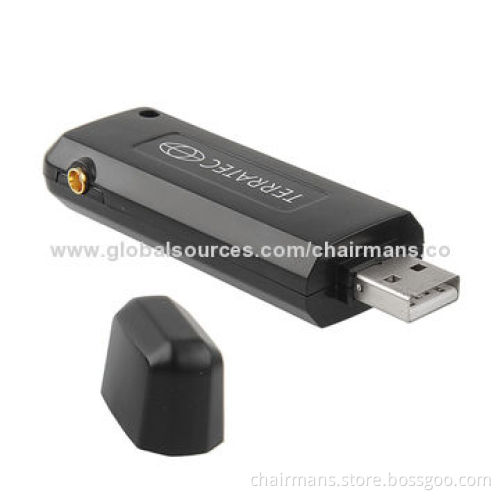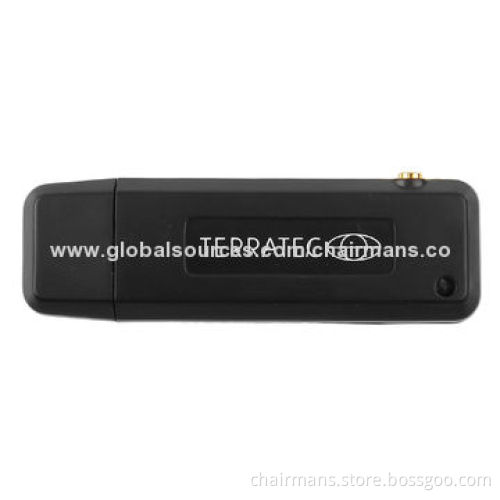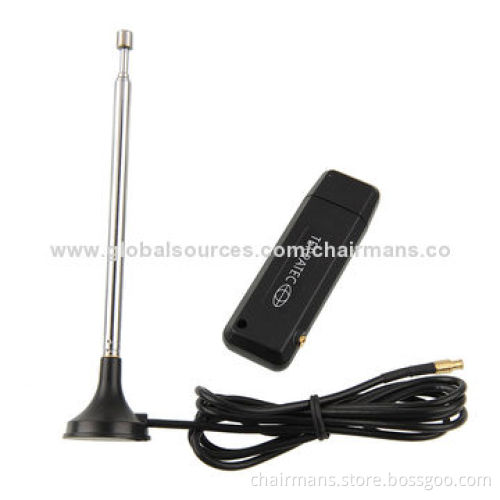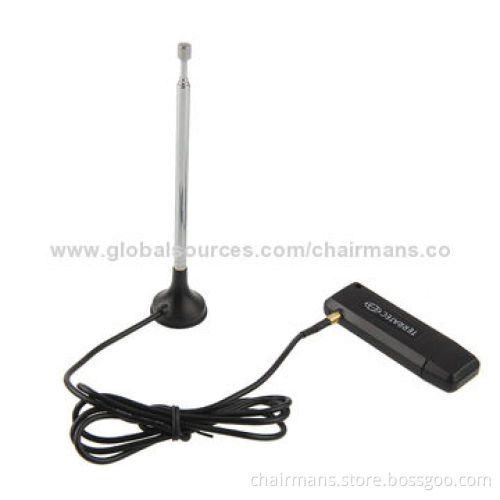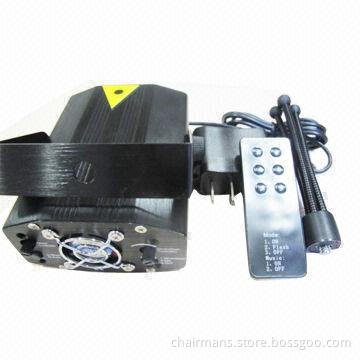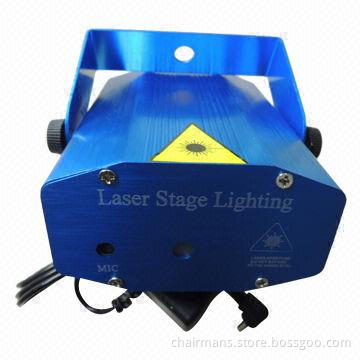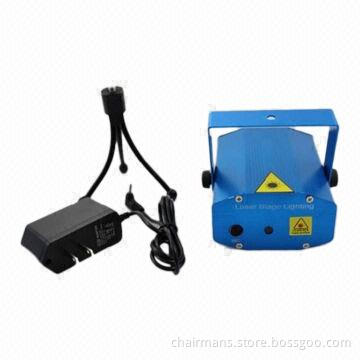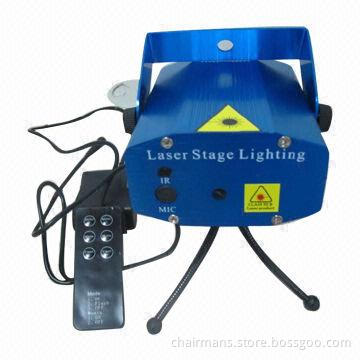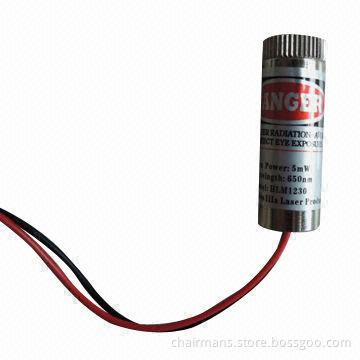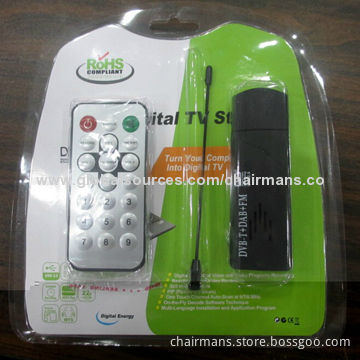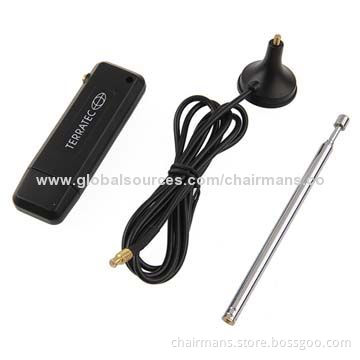
USB DVBT DVB-T Stick, RTL2832U/E4000 with 24 to 30MHz
- Payment Type:
- L/C, T/T, Western Union or PayPal
Quantity:
Your message must be between 20 to 2000 characters
Contact NowBasic Info
Basic Info
| Payment Type: | L/C, T/T, Western Union or PayPal |
|---|
Product Description
Product Description
- USB DVBT DVB-T Stick RTL2832U Elonics E4000 radio SDR radio FM
- RTL2832U, R820T tuner, MCX input
- Low-cost software defined radio compatible with many SDR software packages
- I did a little informal testing between the two sticks using SDR Sharp using the supplied whip antennas
- These tests were just to take a look at the real World performance between the chipsets on some commonly used frequency range
- I am sure that at some point someone will do some more accurate testing, but these real World listening tests will at least give you a rough idea of the differences between the two DVB-T sticks
- Here is a synopsis of the results
- FM broadcast band:
- The E4000 seemed to be noticeably more sensitive in this area
- The R820T did fairly well also, but the E4000 definitely did a better job with very weak signals
- This might make the E4000 a better candidate for use with a HF converter since most of the inexpensive ones available convert HF to the FM band on the RTL2832U sticks
- Air band:
- Both sticks exhibit a lot of susceptibility to RFI in this band in my environment
- Both failed to pick up a weak ASOS signal at 132.875MHz that I can usually receive on most scanners with a whip antenna
- Both sticks will do much better with an external antenna and both will receive stronger nearby aircraft signals easily with the whip
- NOAA weather band:
- Both sticks were able to receive the local NOAA weather broadcast at 162.400MHz with their whip antennas with no problems
- Again the R820T was slightly stronger
- 800MHz trucking:
- This is where the R820T really began to become noticeably more sensitive
- While the E4000 could receive the same signals, the R820T signals were noticeably stronger and clearer
- 1090MHz ADS-B aircraft navigation signals:
- Here the R820T totally wipes the floor with the E4000
- ADS-B signals were tremendously better with the R820T
- This makes the R820T a much better choice to use as an inexpensive ADS-B receiver with go-air-modes
- 10 meters amateur radio band:
- The E4000 can't go here, but the R820T can
- Actually the R820T can do a fairly good job with signals here
- However, the R820T is not going to compete with a competent HF radio
- Just consider it as a bonus
- At the end of the day, I would have to declare the R820T the victor in this shootout, if you are willing to give up a little performance tradeoff in the FM broadcast band
- The R820T appears to become a tad more sensitive starting around 160MHz with larger gains the higher you go
- Also you do get additional coverage from 24 to 30MHz
- Warranty: 1 year
- The E4000 seemed to be noticeably more sensitive in this area
- The R820T did fairly well also, but the E4000 definitely did a better job with very weak signals
- This might make the E4000 a better candidate for use with a HF converter since most of the inexpensive ones available convert HF to the FM band on the RTL2832U sticks
- Both sticks exhibit a lot of susceptibility to RFI in this band in my environment
- Both failed to pick up a weak ASOS signal at 132.875MHz that I can usually receive on most scanners with a whip antenna
- Both sticks will do much better with an external antenna and both will receive stronger nearby aircraft signals easily with the whip
- Both sticks were able to receive the local NOAA weather broadcast at 162.400MHz with their whip antennas with no problems
- Again the R820T was slightly stronger
- This is where the R820T really began to become noticeably more sensitive
- While the E4000 could receive the same signals, the R820T signals were noticeably stronger and clearer
- Here the R820T totally wipes the floor with the E4000
- ADS-B signals were tremendously better with the R820T
- This makes the R820T a much better choice to use as an inexpensive ADS-B receiver with go-air-modes
- The E4000 can't go here, but the R820T can
- Actually the R820T can do a fairly good job with signals here
- However, the R820T is not going to compete with a competent HF radio
- Just consider it as a bonus
Related Keywords
Related Keywords
You May Also Like
You May Also Like

